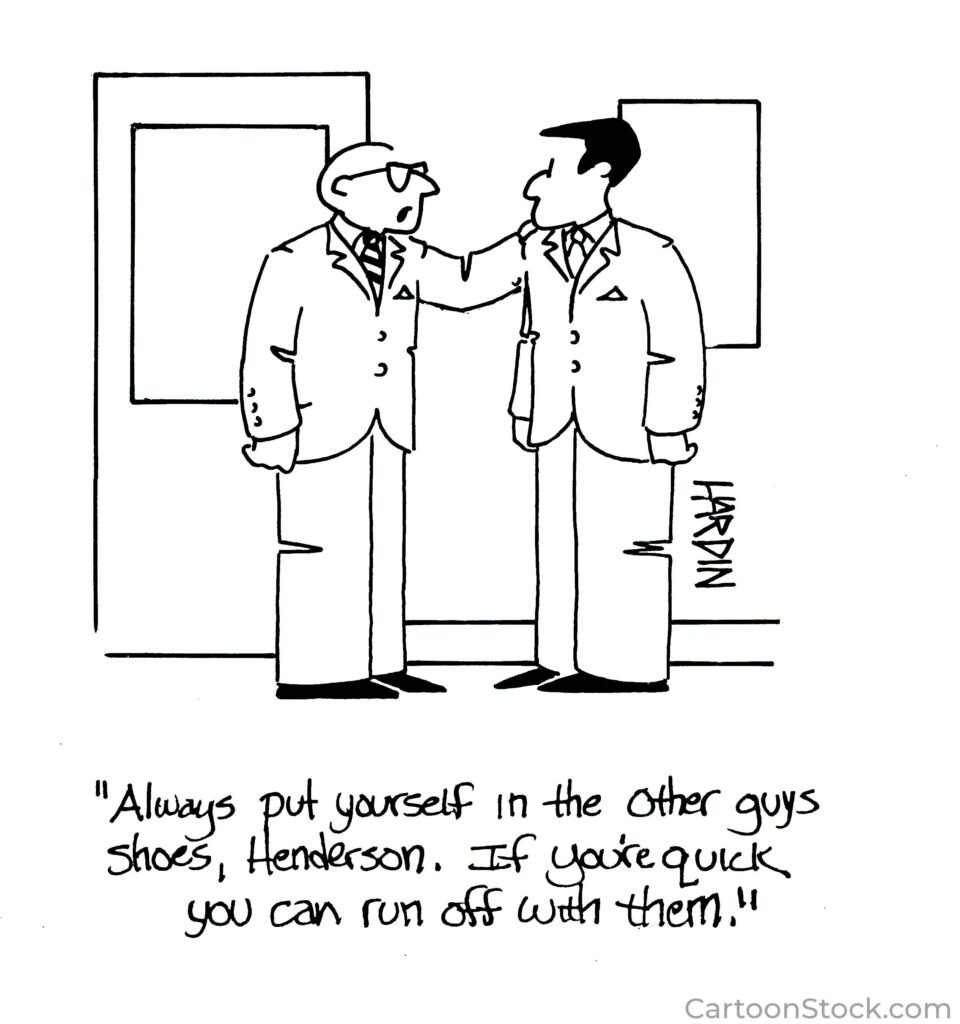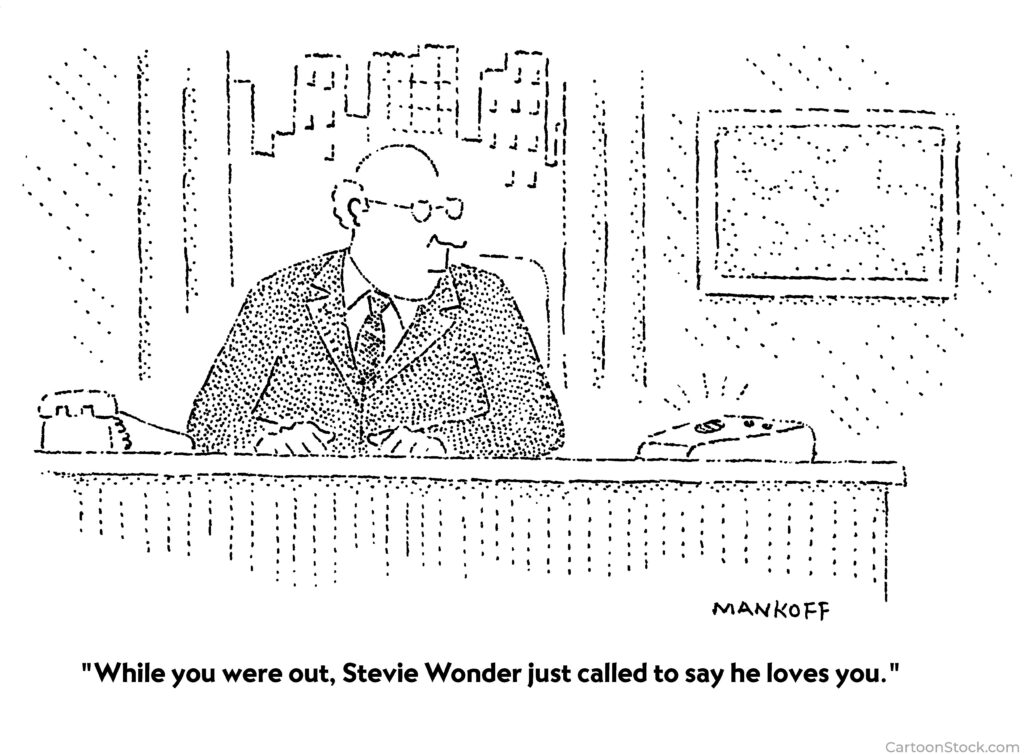
About 40 years ago I overheard a friend talking about mutual funds. I had never heard the term so I asked him to explain. A few days later he spent 15 minutes explaining to me that mutual funds are an investment tool, a strategy for developing longterm wealth through the stock market. I immediately opened an account with Fidelity and have contributed to it for the last 40 years. I started investing in mutual funds when the U.S. stock market was at 1,156 (NYSE Composite); on June 12, 2024 it was at 18,005.
There are several ways to invest in the stock market.
-
-
- You can choose and buy individual stocks. The New York Stock Exchange currently represents around 2,800 companies. You can try to guess which stocks are going to go up and buy those, and sell stocks when you think they’re going down. In this scenario you’re trusting yourself to make wise decisions.
- You can buy mutual funds. A mutual fund is an account managed by professional investors who choose a group of stocks to buy using funds from many investors. In this scenario you’re trusting financial advisors to make wise decisions
- You can invest in index funds which passively invest in a benchmark index. For instance you can purchase an index fund that invests exclusively in the S&P 500 (which tracks the stock performance of 500 of the largest companies in the United States), or the Russell 3000 (which tracks the entire U.S. stock market), or other types of index funds. In this scenario you’re simply investing in large parts of the market, perhaps the entire market. No one is guessing which stocks will go up and which will go down. You’re just riding the entire market.
-
Many research projects confirm that you should buy index funds. There are many reasons why index funds are so effective.
-
-
- Though in the short-term the U.S. stock market goes up and down, the longterm trajectory is always up. In the past 50 years (1974-2023) the market has increased an average of 11.1% annually. (Adjusted for inflation, the return is 7.26%)
- It’s very difficult for an individual to successfully pick and choose stocks that will outperform the total market. And professional investment firms aren’t much better.
- Most broad index funds have a low expense ratio (as low as 0.015%).
- Index firms increase diversification. Instead of just investing in one segment of the market (travel industry, health care, technology, auto industry), you invest in all areas of the economy.
-
Every month put money in a broad index fund and forget about it. Don’t sell when you think the market is going down. Just stick with it for decades until you retire and then sell shares as needed.
You may ask: I’m currently not invested in the stock market. When is the best time to start? The answer is the same as if someone ask “When is the best time to plant a tree?” Answer: “Forty years ago. Or, today.”
Here are some index funds to consider.
Best total stock market index funds
-
-
- Fidelity Zero Total Market Index Fund (FZROX).
- Fidelity Total Market Index Fund (FSKAX).
- Vanguard Total Stock Market Index Fund Admiral Shares (VTSAX).
- Schwab Total Stock Market Index Fund (SWTSX).
- Schwab 1000 Index Fund (SNXFX).
- T. Rowe Price Total Equity Market Index Fund (POMIX).
-
[Disclaimer: I am not a financial advisor. Before making any decisions regarding your personal finances you should consult with an attorney, Certified Financial Planner, or qualified accountant.]



